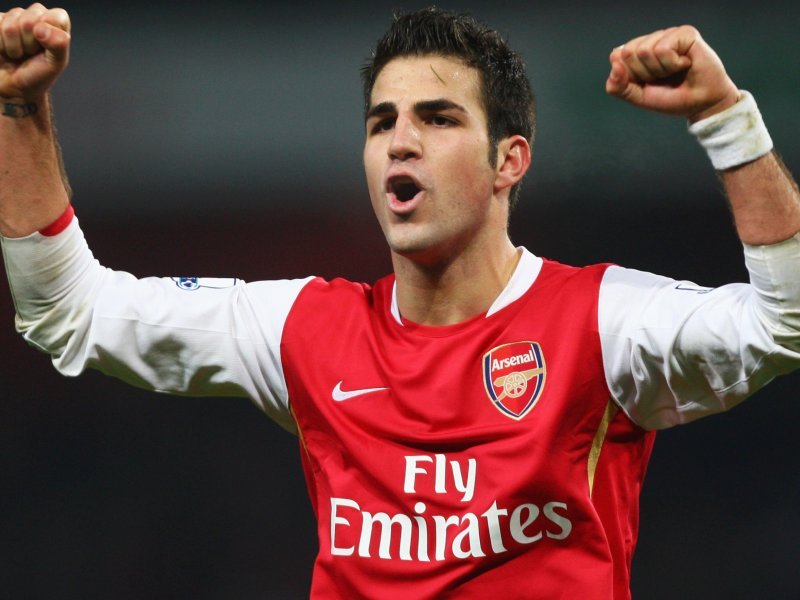Singapore not a one-party system, says PM
By Elgin Toh

SINGAPORE does not have a one-party system, as is evident by how open the electoral set-up is to contests from other parties, Prime Minister Lee Hsien Loong said yesterday.
One party may be dominant, he noted, but there are six opposition parties challenging the People's Action Party (PAP) at the May 7 polls and another 10 or 20 that are 'for the time being sleeping, resting'.
He cited two examples from this General Election to illustrate the point that contesting elections here is easy.
First, a group led by opposition veteran Ng Teck Siong initially did not have enough funds to put down the required deposit to contest in Tanjong Pagar GRC. But they successfully appealed for donations on Facebook.
In the end, the team failed to get on the ballot only because the members submitted their nomination papers late.
Second, parties that do not have enough candidates can pinjam from other parties, he said, using the Malay word for borrow.
He was referring to the Reform Party slate contesting in his constituency, Ang Mo Kio GRC. The team includes members of the Singapore People's Party.
Mr Lee said it is good that there are more contests in this election and that the quality of opposition candidates has gone up.
'It means the PAP MPs have to work harder to serve residents. It means that voters have to pay attention - what is at stake - and make sure they follow the issues,' he said.
Warning about the potential pitfalls of having divisive politics, he pointed to negative examples elsewhere.
Belgium, he noted, has not formed a government more than 12 months after it had a general election. Taiwanese lawmakers have physically fought one another in the legislature, and the 'perfect checks and balances' in the Philippines means 'legislation gets nowhere', he said.
Mr Lee called for unity and for Singapore to avoid going down the same path.
'After the election is over, we have to come together as one country to build our future together,' he said.
By Elgin Toh

SINGAPORE does not have a one-party system, as is evident by how open the electoral set-up is to contests from other parties, Prime Minister Lee Hsien Loong said yesterday.
One party may be dominant, he noted, but there are six opposition parties challenging the People's Action Party (PAP) at the May 7 polls and another 10 or 20 that are 'for the time being sleeping, resting'.
He cited two examples from this General Election to illustrate the point that contesting elections here is easy.
First, a group led by opposition veteran Ng Teck Siong initially did not have enough funds to put down the required deposit to contest in Tanjong Pagar GRC. But they successfully appealed for donations on Facebook.
In the end, the team failed to get on the ballot only because the members submitted their nomination papers late.
Second, parties that do not have enough candidates can pinjam from other parties, he said, using the Malay word for borrow.
He was referring to the Reform Party slate contesting in his constituency, Ang Mo Kio GRC. The team includes members of the Singapore People's Party.
Mr Lee said it is good that there are more contests in this election and that the quality of opposition candidates has gone up.
'It means the PAP MPs have to work harder to serve residents. It means that voters have to pay attention - what is at stake - and make sure they follow the issues,' he said.
Warning about the potential pitfalls of having divisive politics, he pointed to negative examples elsewhere.
Belgium, he noted, has not formed a government more than 12 months after it had a general election. Taiwanese lawmakers have physically fought one another in the legislature, and the 'perfect checks and balances' in the Philippines means 'legislation gets nowhere', he said.
Mr Lee called for unity and for Singapore to avoid going down the same path.
'After the election is over, we have to come together as one country to build our future together,' he said.
